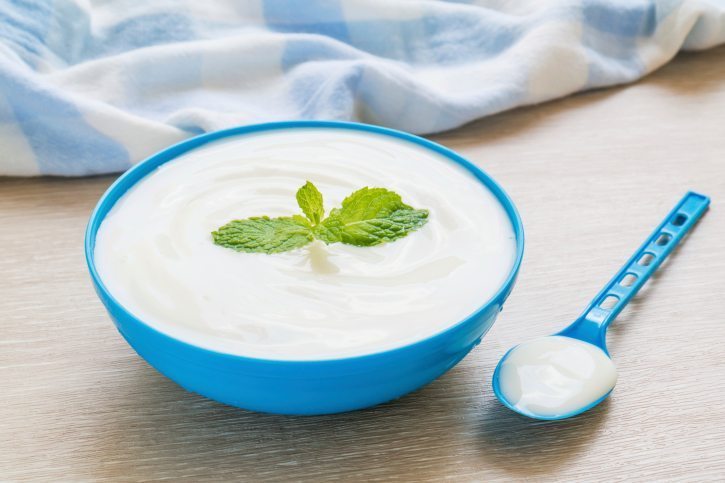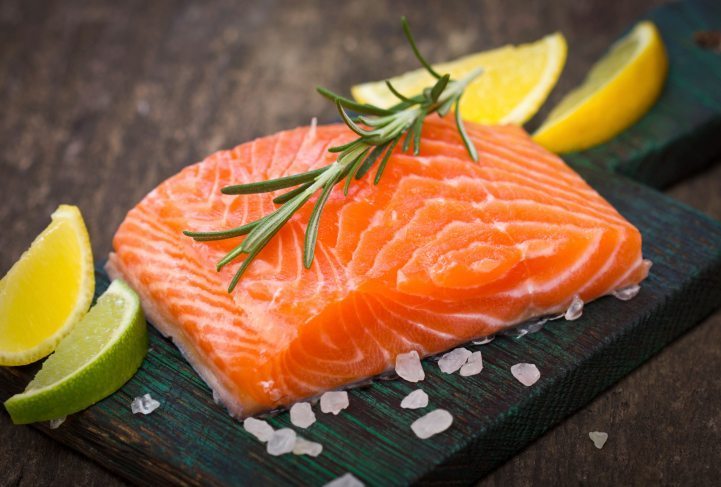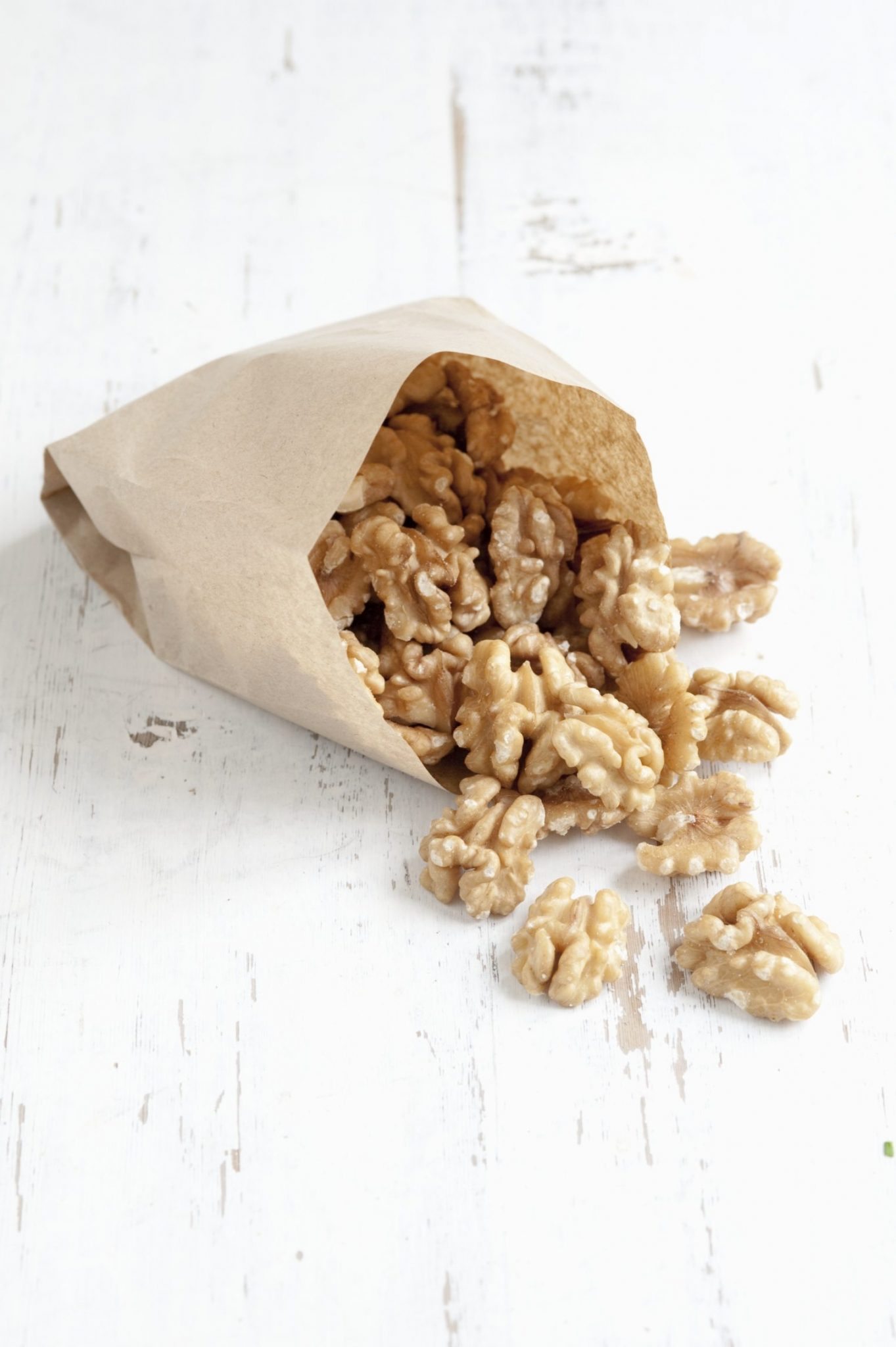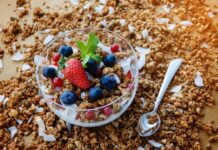It’s tough to know what to believe when it comes to vitamins and supplements. Information regarding the benefits of these pop-able nutrients seems to change on the daily. Some say taking vitamins is a health-helper, while others say they are simply a waste of money. We’ll give you some of the basics about today’s top vitamins and supplements, then let you decide.
Probiotics

What are they? Probiotics are healthy bacteria — they are living microorganisms that help with digestion and keep a healthy gut.
What foods are they in? Probiotics are naturally found in yogurt, milk, fermented foods (like kombucha and sauerkraut), tempeh, soy, and miso.
Pros: Probiotics have a seriously positive effect on our digestive system. They balance out the harmful bacteria present in our bodies and boost our immune system.
Cons: There aren’t many cons, but taking these guys as a supplement or eating large quantities of probiotic-filled foods could result in intestinal gas or bloating for some people.
SEE ALSO Stomach Bug 2.0: How to Keep Your Gut Healthy
Vitamin D

What is it? Vitamin D is not actually a vitamin, but a hormone. Gasp.
What foods is it in? Vitamin D is naturally found in eggs and fatty fish (such as salmon, tuna, and mackerel). It’s also often added to fortified foods, like milk and cereals. Note: the best source of Vitamin D is not food, though! The greatest increase in D levels comes when our skin is exposed to sunlight. One more reason to enjoy the summer sun, yes?
Pros: Vitamin D absorbs calcium and phosphorous from foods, two minerals that are important for increasing bone density. Stronger bones = better bones.
Cons: Vitamin D supplementation hasn’t been proven totally effective or necessary. There are certain groups that are more likely to lack sufficient D levels (such as elderly people and pregnant women), but Vitamin D supplementation is not yet universally encouraged.
SEE ALSO Increased Vitamin D Linked To Breast Cancer Survival
Omega-3 Fatty Acids

What are they? Omega-3 fatty acids are polyunsaturated fatty acids that cannot be made by the body, which means we must consume them in order to retain the hefty health benefits they provide.
What foods are they in? Omega-3s are naturally found in flaxseed, canola oil, walnuts, and fatty fish, as well as some of our green faves–think kale, spinach, and Brussels sprouts. Oh my.
Pros: Omega-3s are not fats to be feared. Rather, they provide our bodies with some serious pluses; research shows that the fatty acids can reduce our triglyceride and blood pressure levels, and lower our risk of arthritis, heart disease, heart attack, and stroke. Sounds good to us.
Cons: This healthy substance needs to be consumed in major moderation — taking in too much of these healthy fats could have the opposite effect and actually raise your risk of the very conditions it helps fight against when consumed in small portions or doses. A handful of walnuts a day is all it takes!









![Daily Bite [Make]: Philly Cheesesteak Stuffed Bell Peppers](https://dashofwellness.com/wp-content/uploads/2013/01/Philly-Cheesesteak-Stuffed-Pepper-Daily-Bite-1-100x70.png)

I definitely take these 3 and I also take Resvertrol, Magnesium, and so many other things it’s not even funny but probiotics/digestive enzymes are probably my favorite, followed by Vitamin D !!
I am still learning about supplements and only take fruit juices in my daily breakfast. I do so because fruits are the best way by which we can get all the important vitamins.
Nutritional supplements helps the body to be fit by providing dietary vitamins that some foods can’t give.
Thanks for the run down. Nice blog btw. BQuick Nutrition
I’m glad that I found your blog while searching for some omega-3 fatty acids food. I suggest that you include some examples of foods that are rich in omega-3 fatty acids. Great article BTW!
Get the body you want with some help of workout supplements.